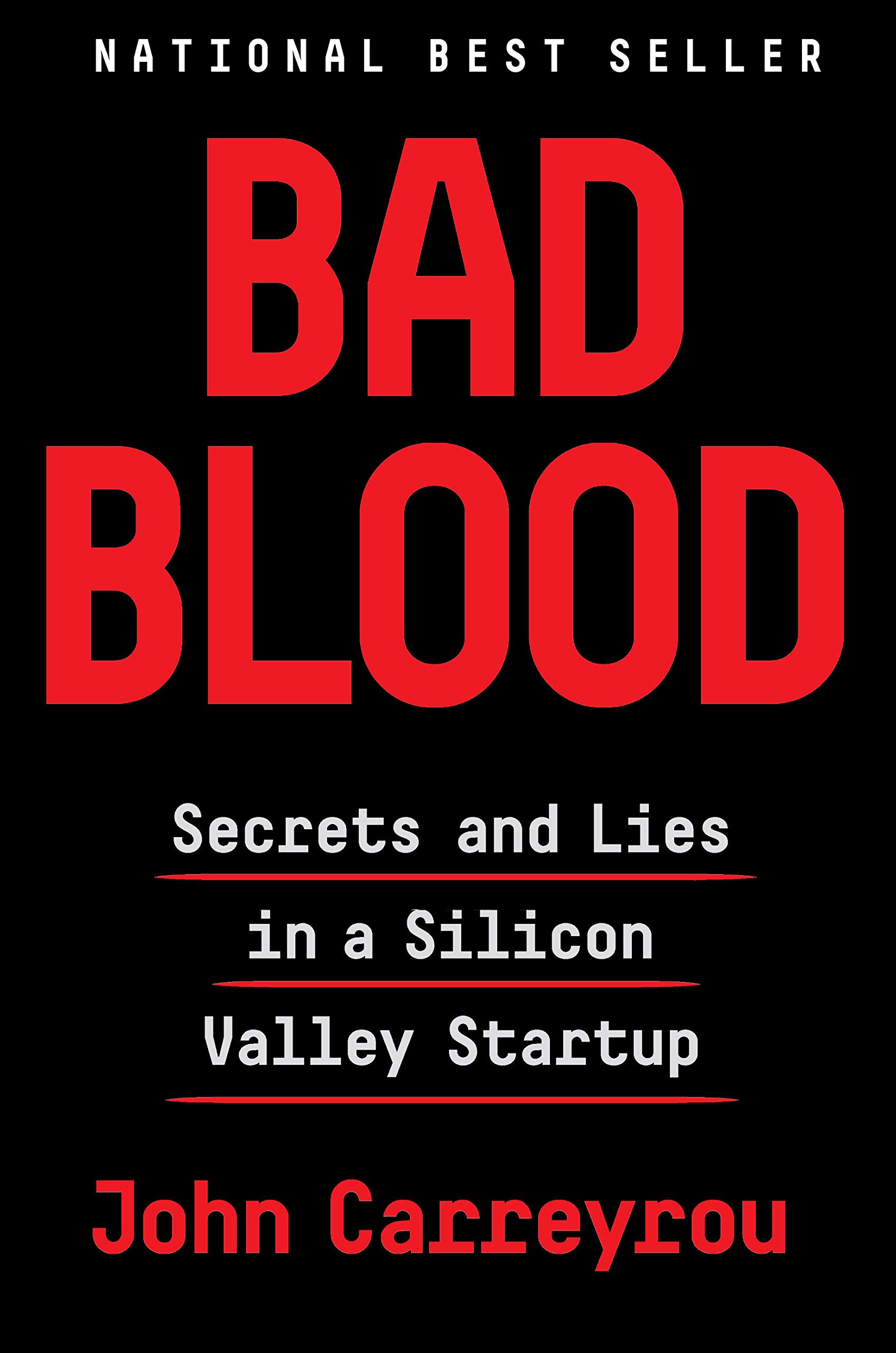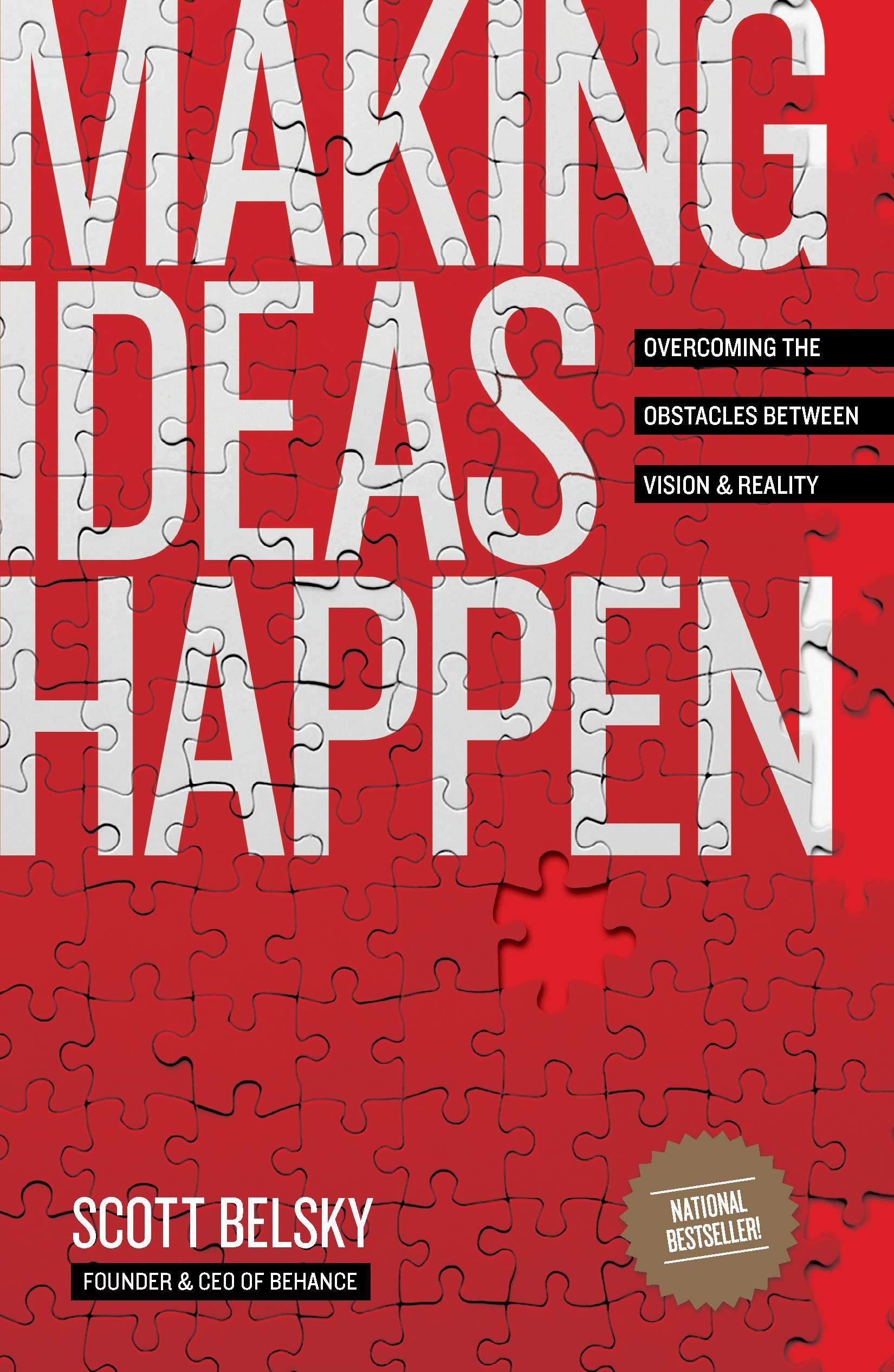So this book looked cute. The blurb described a young girl in Japan who was essentially a magical girl helping her stuffed animal. When she got older, she revisits those fantasies. It was a cute premise. It’s not even a little of what I got.
Let me start with all the content warnings that the blurb did not give: mental and physical child abuse, pedophilia, sexual assault, incest, cannibalism, and self-cannibalism.
A little warning would have been nice. Just saying.
The story follows Natsuki, a little girl whose immediate family neglects her and treats her like the least favourite child in an Asian family, ((If you know, you know)) and who is being targeted by the pedophilic cram school teacher, finds solace in an annual trip to see the extended family and her cousin, Yuu. When Natsuki pressures Yuu to go too far with their relationship, Natsuki’s trips to see her extended family end.
As an adult, Natsuki marries a man who has no interest in being married or in a relationship whatsoever, the pair of them living as amicable roommates as it becomes clear that not only has Natsuki’s coping mechanism of viewing the world as a baby-making factory and herself as an alien trying to assimilate to a society she doesn’t understand has spread to her husband. When an opportunity arises, they go to visit the old family home from Natsuki’s childhood, reconnect with Yuu who has been living there, and…
Well, the last bit of the book takes a hard turn into cannibalism.
On the one hand, this book has left me thinking for a while. I have not willingly tried to interpret a book since school, and I’ve been doing a lot of trying to give this the benefit of the doubt. There’s surely something I’m missing both in the translation and the cultural context, right? And if the book is a commentary on being asexual in Japanese society, the fact that all three of the asexuals seem to be that way due to childhood sexual trauma and all turned to cannibalism, so that’s probably not intentional, right? Maybe it’s just about othering and systems failing children, which leads to stunted emotional growth?
On the other hand, I did not enjoy the experience. There was a story I was expecting and it was nowhere in here. Instead, this was like something I would have read in a Uni English class, which is not ultimately what I’m looking for.












